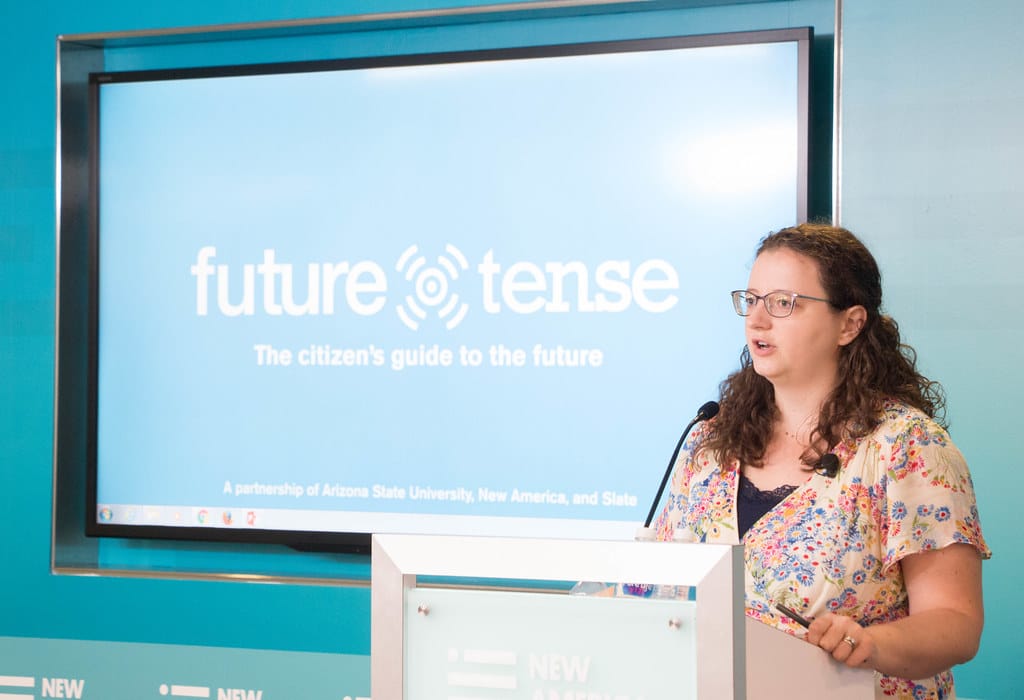Illinois Becomes Third State to Ban AI Therapy as Mental Health Chatbot Concerns Mount
Illinois has joined California and New York in prohibiting artificial intelligence from providing mental health therapy services, marking a significant escalation in the national debate over AI's role in healthcare. The new legislation, which takes effect immediately, makes it illegal for AI chatbots to offer therapeutic services without explicit human oversight and professional licensing requirements.
Growing Regulatory Movement Against AI Therapy
The Illinois decision comes amid mounting concerns about the safety and efficacy of AI-powered mental health services. The state's new law specifically targets chatbots and AI applications that claim to provide therapeutic interventions, counseling, or mental health diagnoses without direct supervision from licensed mental health professionals.
"We cannot allow vulnerable individuals seeking mental health support to be guinea pigs for untested AI technology," said Illinois State Representative Sarah Martinez, who sponsored the legislation. "Mental health care requires human empathy, professional judgment, and accountability that AI simply cannot provide."
The regulatory wave began in California earlier this year, followed quickly by New York's similar restrictions. Industry experts predict that additional states will likely follow suit as concerns about AI overreach in healthcare continue to grow.
The Rise and Risks of AI Mental Health Services
The mental health chatbot industry has exploded in recent years, with companies like Woebot, Wysa, and Replika claiming to serve millions of users seeking affordable, accessible mental health support. These services typically use natural language processing and machine learning algorithms to simulate therapeutic conversations and provide coping strategies.
However, critics point to several alarming incidents that have prompted regulatory action. In one widely reported case, a Belgian man died by suicide after conversations with an AI chatbot that allegedly encouraged self-harm. Another incident involved a therapy app providing inappropriate advice to a user experiencing suicidal ideation.
Dr. Jennifer Chen, a clinical psychologist at Northwestern University, supports the Illinois ban. "AI can be a valuable tool to supplement human therapy, but it should never replace the nuanced understanding and ethical responsibility that comes with professional mental health training," she explained.
Industry Pushback and Economic Implications
The AI therapy industry has strongly opposed these regulatory measures, arguing that they limit access to mental health resources during a nationwide crisis. The American Psychological Association reports that over 36 million adults in the U.S. have received mental health treatment, yet significant gaps in access remain, particularly in rural areas and among low-income populations.
"These bans are misguided and will harm the very people they claim to protect," said Michael Thompson, CEO of MindTech Solutions, a leading AI therapy platform. "Our technology provides 24/7 support to individuals who might otherwise have no access to mental health resources."
The economic stakes are substantial. The global AI in healthcare market, valued at $15.1 billion in 2022, is projected to reach $148.4 billion by 2029, with mental health applications representing a significant portion of this growth.
What the Bans Actually Prohibit
The three state laws share several key provisions:
- Professional Licensing Requirements: Any AI system providing mental health services must operate under the direct supervision of licensed mental health professionals
- Disclosure Mandates: Users must be clearly informed when interacting with AI rather than human therapists
- Data Protection: Strict requirements for handling sensitive mental health information
- Crisis Response: Mandatory protocols for connecting users to human professionals during mental health emergencies
Importantly, the laws do not ban AI tools used by licensed therapists to enhance their practice, such as scheduling systems, note-taking applications, or research databases.
Looking Ahead: Federal Action on the Horizon?
Mental health advocates are now calling for federal regulation to create consistent standards across all states. Senator Elizabeth Warren recently introduced legislation that would establish national guidelines for AI use in healthcare, including mental health services.
The debate reflects broader tensions about AI regulation in sensitive sectors. While proponents argue that AI democratizes access to mental health support, critics worry about the risks of replacing human judgment with algorithmic responses in life-and-death situations.
The Path Forward
As more states consider similar legislation, the mental health AI industry faces a critical juncture. Companies will need to adapt their business models to comply with professional oversight requirements while maintaining the accessibility and affordability that made their services attractive to millions of users.
For consumers, these regulatory changes signal both protection and potential limitation. While the bans may reduce access to some AI-powered mental health tools, they also ensure that individuals in crisis receive appropriate, professionally supervised care. As this regulatory landscape continues to evolve, the balance between innovation and safety in mental healthcare remains a defining challenge of our digital age.

